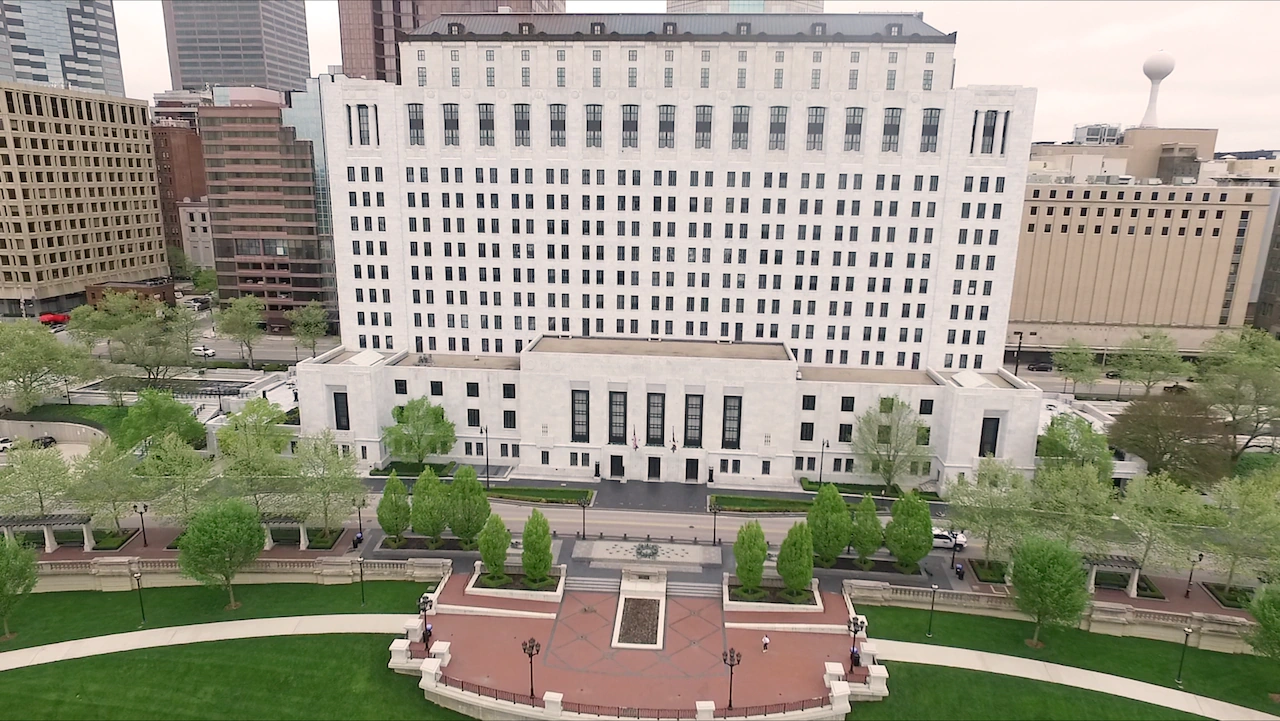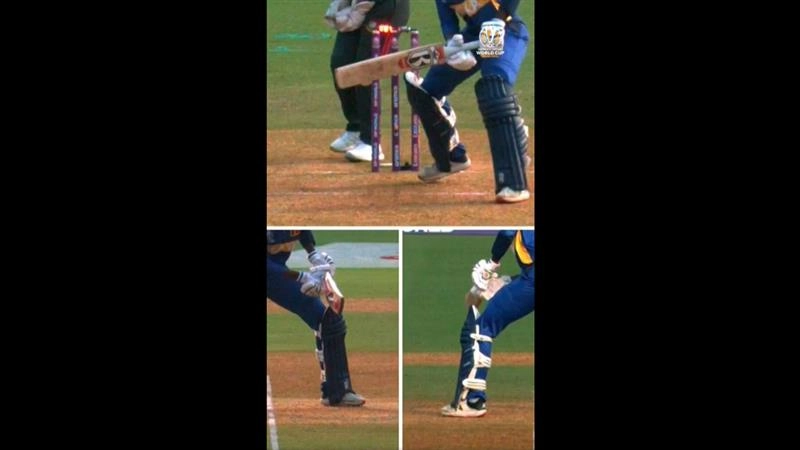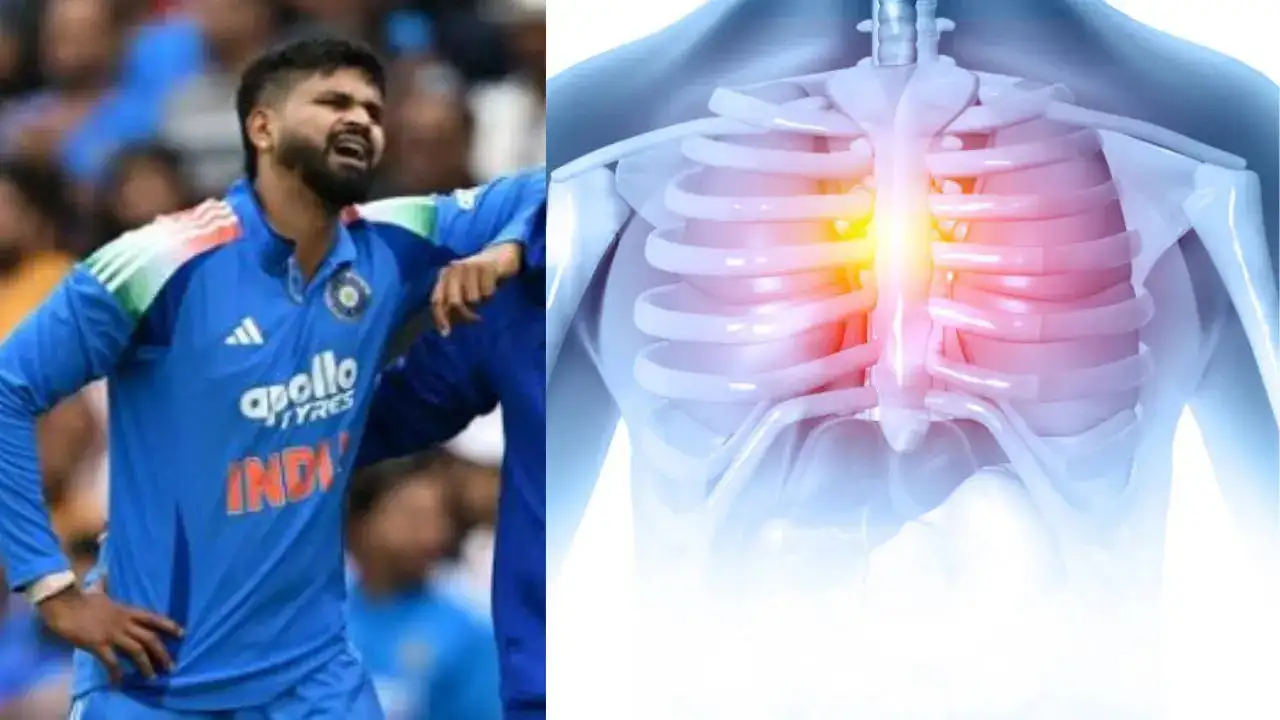Copyright cleveland.com

COLUMBUS, Ohio—The Ohio Supreme Court has agreed to hear Gov. Mike DeWine’s appeal of a lower-court ruling requiring him to seek and distribute $900 million in special federal coronavirus unemployment benefits that he declined in 2021. The 5-1 decision to accept the case comes after two lower state courts held that DeWine, a Greene County Republican, was wrong to stop accepting Pandemic Unemployment Compensation money in June 2021. If DeWine hadn’t done that, about 320,000 Ohioans would have remained eligible for the $300-per-week payments until September 2021. Your feedback matters Was Gov. Mike DeWine right to cut off Ohioans' ability to continue receiving $300-per-week special coronavirus unemployment payments? DeWine stopped accepting the payments for Ohioans on the grounds that the money was contributing to ongoing problems employers had finding workers during the pandemic. But the plaintiffs, represented by the law firm of former Ohio Attorney General Marc Dann, assert now that Ohio law requires the governor and his administration to obtain the federal benefits and distribute them to all eligible Ohioans, even though it’s been more than four years. In 2022, the Ohio Supreme Court sided against a request by Dann and the class-action plaintiffs for a temporary restraining order and preliminary injunction forcing DeWine to take the federal money, dismissing the cause as “moot”. Stories by Jeremy Pelzer Major U.S. sports leagues looking to seek nationwide ban on ‘microprop’ betting, Ohio governor says Despite looming deadline, Ohio GOP leaders insist bipartisan redistricting is possible Democrats gear up to ask Ohio voters to smack down any GOP redistricting plan At the time, Ohio Attorney General Dave Yost asserted that the ruling meant the lawsuit was over. But the Franklin County Common Pleas court and the Tenth Circuit Court of Appeals has now disagreed, granting Dann and his plaintiffs a permanent injunction. In the state’s appeal, Ohio Solicitor General Mathura J. Sridharan argued that state law only requires DeWine to participate in a specific list of federal unemployment programs, and the special COVID unemployment payment program was among them. She also noted that Ohio lawmakers, in their 2023 state budget, put in state law that the governor is allowed to stop participating in special or emergency programs offered by the federal government. Sridharan argued that, with the COVID crisis over, DeWine’s concern that offering Ohioans the pandemic payments would have “perverse effects” on the economy is “even more heightened.” “Such payments tighten the market for labor; employers may be unable to find employees; and therefore they may be forced out of business, forced to forgo investment opportunities, or forced to make investments in States with more favorable labor markets,” she wrote. “It is telling that no State, nor the federal government, is suggesting that such enhanced unemployment benefits are needed or helpful in 2025.” The plaintiffs’ lawyer, Brian Flick rebutted that the Ohio Supreme Court in 2022 only ruled that the issue of a preliminary injunction was moot, not the entire case. Flick noted that the state previously argued that the legislature’s 2023 law change made in the state budget shouldn’t apply to this case, as it was passed after the lawsuit was filed. He also disputed the state’s argument that Ohio law only requires the governor to participate in certain federal programs, asserting that the special COVID payments were “simply an increase in regular unemployment benefits” covered by the state law, rather than a new stand-alone benefit. “Although the governor might believe he is entitled to have this court decide any dispute he is involved in, he must, like any ordinary citizen, establish a sound basis for this court to accept jurisdiction,” Flick argued to the Supreme Court. “And in this case, he has failed.” The only Ohio Supreme Court justice to vote against accepting the appeal was Justice Jennifer Brunner of Columbus, the lone Democrat on the court. Justice Pat DeWine, a Cincinnati Republican and the governor’s son, did not participate in the decision. Neither Brunner nor DeWine provided a written explanation of their respective decisions.



